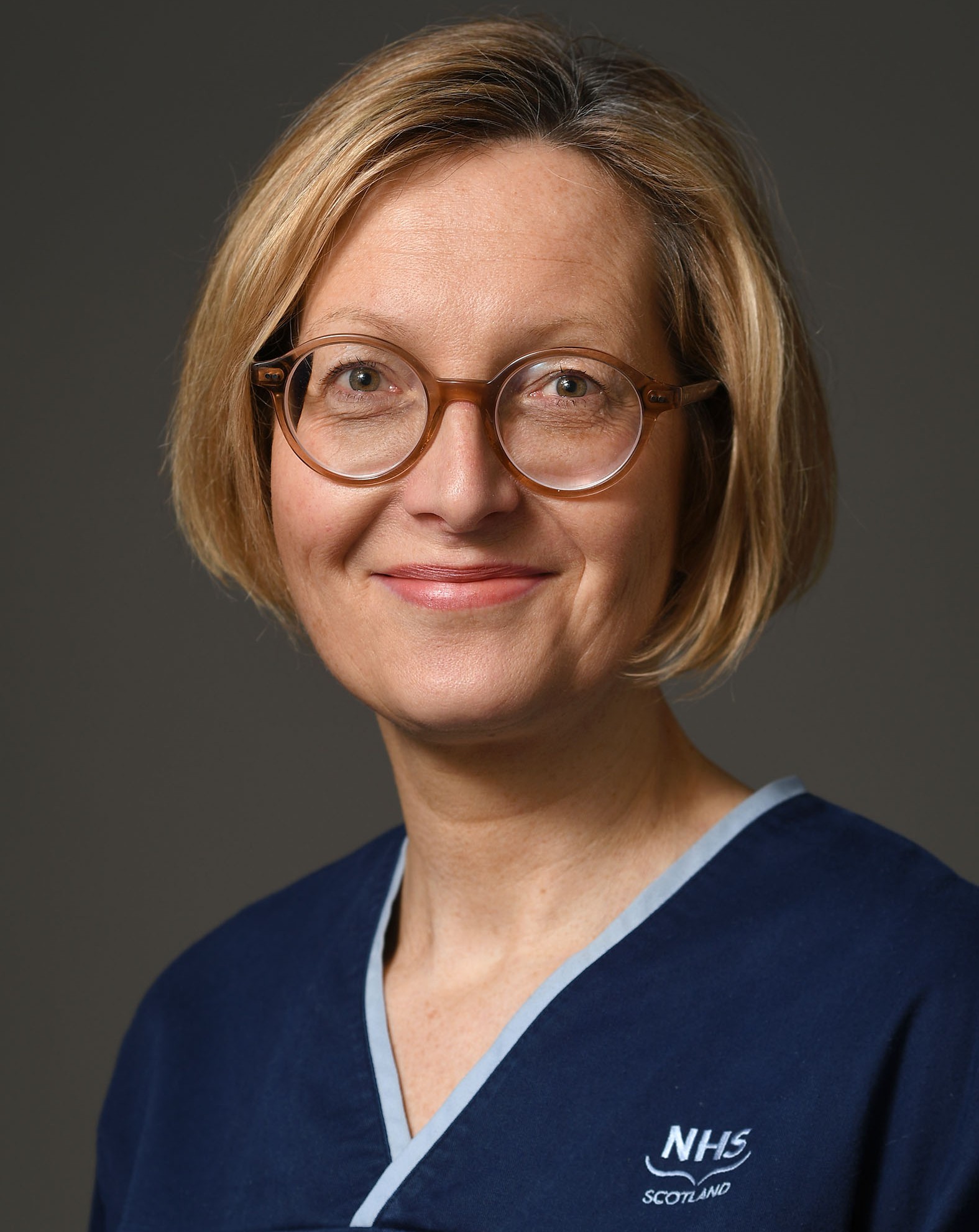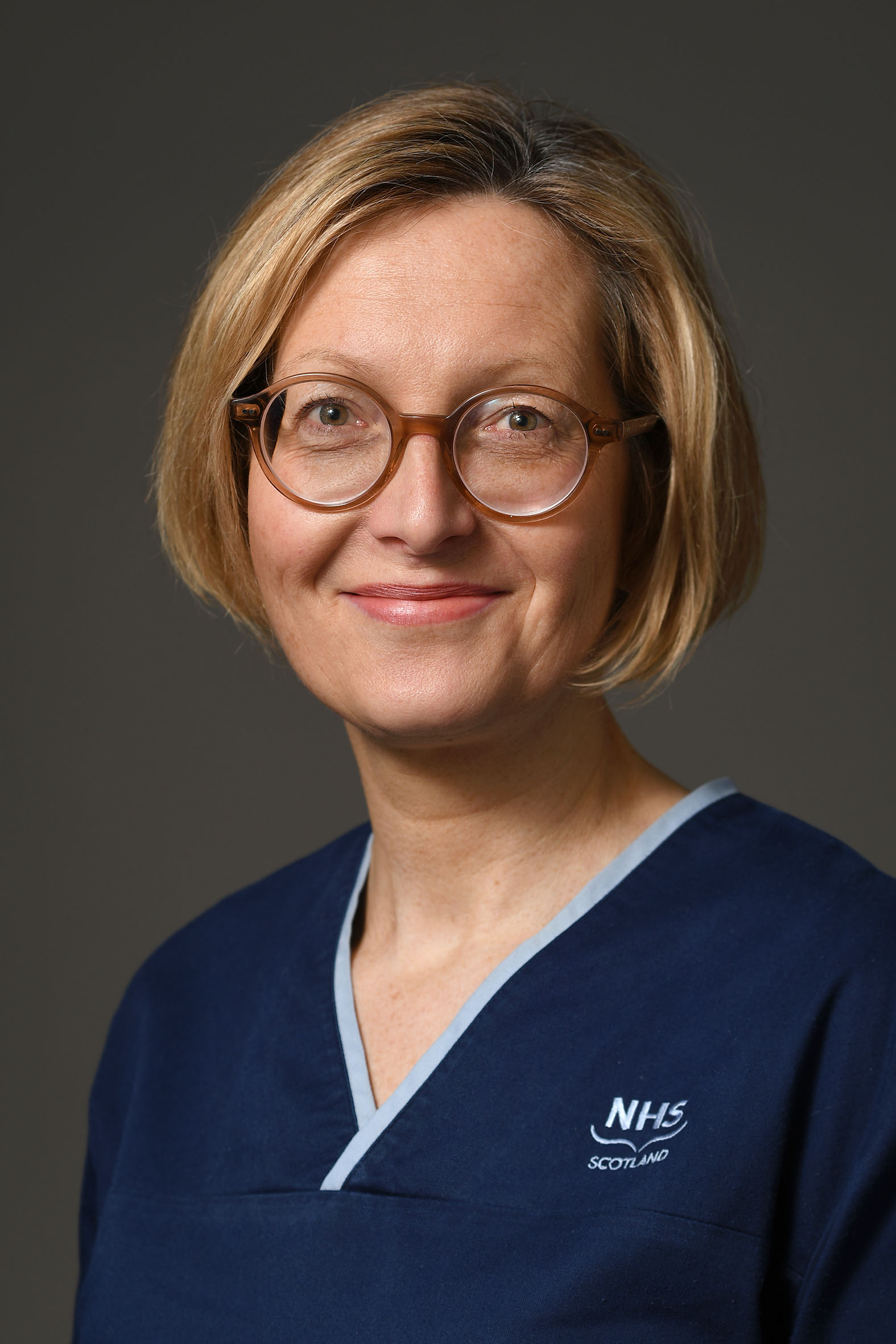
Nursing Research Fellow
A Research Fellow is usually someone who has done a PhD, but isn’t a professor, who is getting paid to do research as their main role, as opposed to teaching or clinical practice.

Dr. Kath Williamson
When I say that I “do research”, some people look at me and I can see them thinking “Yes, but what do you actually do?” and a few brave ones, ask “What does that look like day to day?”. This is a very fair question, I didn’t know before I started, so I’ll try to explain.
For starters, no two days are the same. I love the variety and opportunity to do many different things.
So today I am writing this on the bus to Glasgow (I live in Edinburgh) heading to the university for a supervision meeting with my Fellowship supervisors. This is basically a research line management meeting: feeding back project progress, highlighting problems and discussing any issues with my research which can include the questions we are asking, who we are asking, how we are asking, finance, recruitment, data governance etc. Some of it can be exciting, such as conference presentations or being asked for expert input. Often it is much more mundane, ensuring compliance with data management, writing papers for publication or applying for funding.
Yesterday I was working from home, on an online survey we are about to send out. I’ve had to learn how to use the survey platform (there are excellent online resources, and colleagues I can ask if stuck), design the survey content and choose clear language for questions. The University graphics unit has helped me design some great study materials, which is definitely not my skillset! Now, I need to use my networks and organisations such as QNIS, to get the survey out to staff.
Tomorrow I will be wearing my NHS uniform, seeing housebound patients with district nurse and occupational therapist colleagues, plus some strategic meetings with other services to look at how we could better coordinate bariatric care. Clinical days keep me rooted in real world practice, especially which issues are strategically important for local patients and staff. Seeing first-hand the issues that staff and patients are dealing with, feeds my personal motivation to keep going with my research.
My role can be very flexible, which is great as I have caring responsibilities. However, it is also rarely finished. There is always something more to read or write or another idea or collaboration has come to mind. Writing papers for me is hard mental work, that takes long hours, creativity, much like crafting a piece of art, and many edits to get it right. You learn a lot about yourself, and resilience, but also you get to do things that you never thought you would for example, public speaking or being called an “expert”. My work is relevant globally, drawing ideas from all over the world. I get a real buzz networking with researchers in New Zealand and Canada about the same issues as nurses and patients are facing here.
Research is about curiosity and ideas, taking an idea from one area and linking it with another, asking “What if…?” Community nurses are often naturally good at that. Research does this in a more formal way, to get robust evidence. A Research Fellowship can be difficult to get as you have to convince funders that the research you propose is worthwhile, that you can do it, and that it will make a difference to the world. But we need more nurses getting research fellowships to build the evidence base for care, especially in community and social care.